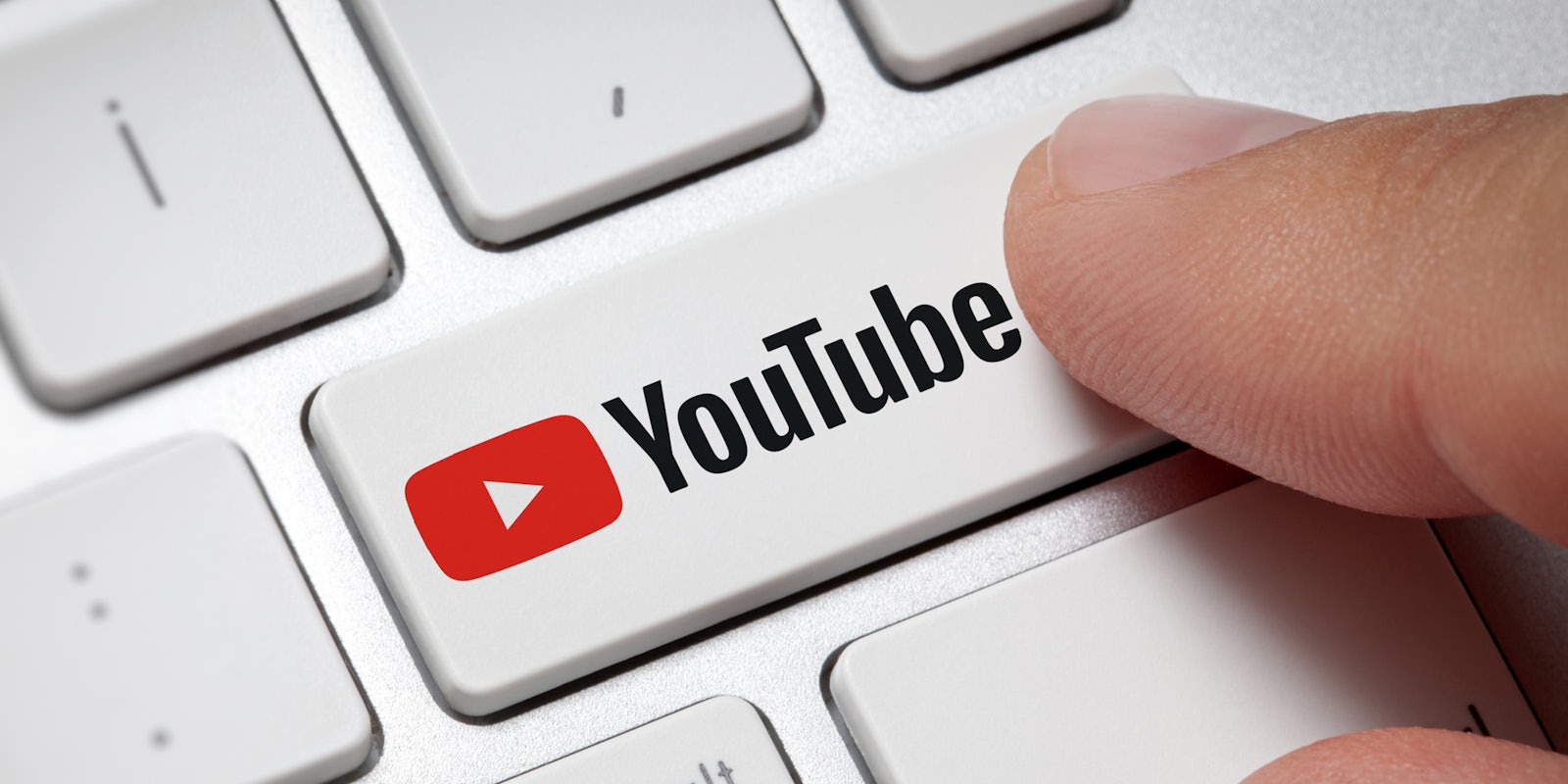Converting a YouTube video to an MP3 file could be as easy as a few steps.
All you would need is a device with an internet connection, access to your desired content, and enough storage space for the file. While there are ways to make this happen, it is not possible to download audio, music, or MP3 directly from the YouTube app, and it’s technically against their terms of service.
The paid YouTube Premium subscription allows you to download videos to watch later, but they are not in an MP3 audio format.
There are sites that specialize in converting and downloading MP3, MP4, and .wav files from online spaces. But before you go downloading content for your own usage from the world wide web, a word of caution regarding navigating this area of the internet.
Why you shouldn’t convert YouTube to MP3
Downloading content from the internet is a tricky arena due to copyright laws and restrictions.
Copyright is “intellectual property that protects original works of authorship as soon as an author fixes the work in a tangible form of expression.”
Musicians, writers, and composers retain the intellectual property until the protection expires or around 70 years after the original artist’s death. Accessing, using, and distributing copyrighted materials can result in penalties and get costly for even accidentally misappropriating content.
The Digital Millennium Copyright Act of 1998 was created to address platforms such as YouTube, which allow open and unlimited interaction between creative materials and users. It protects sites from taking legal responsibility for uploaded copyright materials, as long as they have a system in place that allows copyright holders to police their content.
This does not protect people who upload copyrighted materials or people who try to illegally download it.
Once a copyright has been registered with the U.S. Copyright Office, those legal protections apply. An infringer can be sued for statutory damages of between $750 and $150,000 per infringement.
Even though downloading videos is against the site’s terms of service, YouTube creators can grant permission to use their original content by marking it with a Creative Commons license. This retains the creator’s copyright while allowing users to work with the content. So for example, if you want to use background or instrumental music for your podcast that was uploaded to YouTube, be sure the content is marked as “copyright free” (or with a CC license) by the creator and that you check out the creator’s own terms of usage just to be on the safe side.
In most personal and non-commercial cases, crediting the creator is more than a good measure, but it’s still wise to check in before using. Each instance regarding the usage of copyrighted materials is determined on a case-by-case basis.
There are other ways to access MP3 music for your usage besides Creative Commons such as claiming Fair Use, using items in the public domain, or downloading royalty-free music.
Fair Use allows you to use copyrighted music without permission from the owner. If you sample a piece of music in a transformative manner to criticize, parody, comment, or educate on the original work, it can fall under Fair Use. This can still be a tricky thing to navigate in the never-ending digital landscape, however, because depending on the popularity or recognition of the copyrighted material, it can still be flagged. YouTube uses Content ID technology to automatically check submitted videos and compare them to their database of copyrighted audio.
If you’re interested in taking a historical walk through the world of music, there’s a ton of public-domain music available for usage. As of January 1, 2023, works from 1927 and earlier are in the public domain and free to copy, share, and build upon. There are a few websites where you can search a catalog of popular music by the year and then search for the content online. And while the composition might be copyright-free, the actual sound recording, or master, might not be, so be sure to double-check.
Royalty-free music is not copyright-free music, it’s music that’s available to you through paying a one-time fee for licensing and usage. Similarly, there are also Stock Music Libraries, which feature licensed music ready to go.
Generally, a good rule of thumb when addressing music online is to understand and identify who owns the rights to the music, lyrics, sound, or audio.
If you’re accessing copyrighted content be clear whether you’re using it for personal, public, educational, or non-commercial purposes. In the chance you’re dealing with commercial usage, seek counsel from a lawyer or legal advisor to avoid trouble.



